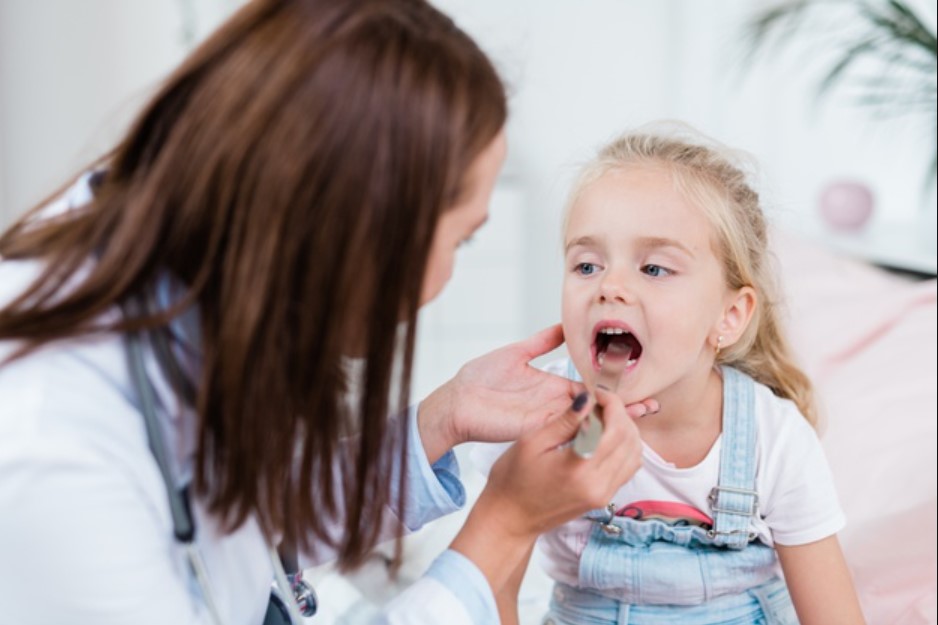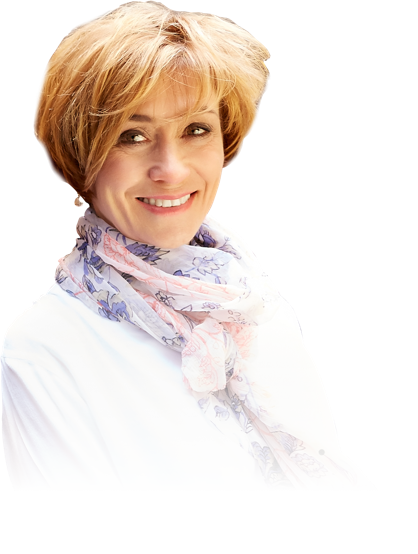If your child’s sleep problems and symptoms of SDB are mild, then fiddling around the edges with sleep environment and sleep routine may be all it takes to set them on track. But for more complex cases, expert assistance is required. If your child is exhibiting any red flags for a sleep disorder, they should be seen by a medical expert.
In the following blog post, I go through the different types of health professionals who may become part of your child’s sleep team.
There are many different specialists and health practitioners who may be able to help as part of your child’s sleep and airway team. The team may consist of two, three or multiple specialists, depending on your child’s needs, and those needs may change over time.
Keep in mind that the primary and adjunctive team will vary according to your child’s problem.
Medical specialists
Ideally, your child’s sleep issues will be picked up early by front-line medical practitioners, who will then refer you on to other medical and dental specialists or allied health workers for the appropriate treatments. Given that sleep medicine is still an emerging field of medicine, however, sleep and airway related disorders are not always top of every medical specialist’s radar.
This is why it’s important for parents to educate themselves about healthy sleep and sleep disorders and be aware of red flags that can indicate potential abnormal breathing.
Some of the medical professionals you might seek out include:
- GPs
- Maternal child health nurses
- Paediatricians
Ear, nose and throat specialists (ENTs) - Paediatric sleep specialists
- Allergists/immunologists
- Gastroenterologists
- Neurologists/paediatric neurologists
- Psychiatrists
Dental specialists
It may be that your child’s sleep or airway issues will first come to attention through a dental specialist. These specialists have the experience and qualifications to care for a child’s teeth, gums and mouth throughout the various stages of childhood.
Although many in the dental field recognise the importance of evaluating and treating OSA, they have yet to realise how well-positioned they are for the prevention of sleep-disordered breathing. However, they are sometimes on the front line with sleep disorders, because their corrective work aligns with good airway development, not just aesthetic considerations.
Again, it will help if you know what red flags you are looking for so you can ask questions of any dental professionals your child needs to see.
Dental practitioners could include:
- Paediatric dentists
- Orthodontist
- Prosthodontist
Allied health
When things go wrong with the upper airway and affect your child’s sleep, a medical or dental opinion is important.
However, many kids slip under the radar and may be first identified by another allied health practitioner. These practitioners are well-equipped to work as part of your child’s sleep team and should also direct you towards further medical or dental intervention where it is needed.
These practitioners might include:
- Myofunctional practitioners
- Breathing educators
- Speech pathologists
- Occupational therapists
- Physiotherapists
- Dieticians
Building your child’s sleep-enhancement team
You may end up with a large team of people working with you to get your child’s sleep formula just right. But as the parent, you’re really the team leader, because you’re in the position of most influence. Your child will see the best improvement if you are consistent and thorough with following up on advice from your expert team.
In playing this role, you can have a profound effect on your child’s airway health and sleep quality, setting them up for life of health and happiness.
Looking for more?
Let’s build a new generation of healthy sleepers!
With my book Sleep-Wrecked Kids, I support you to become the lifeguard of your child’s sleep. Packed full of information and practical help, it will get you on the way to good sleep for all the family. Order your copy here!



